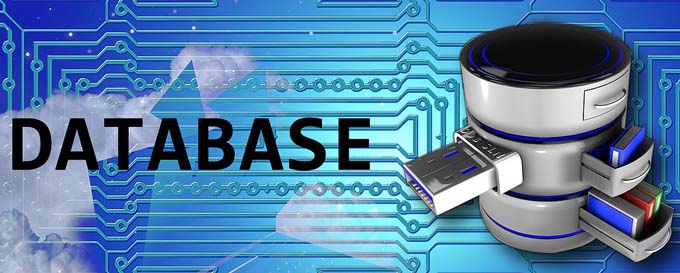How Managed Platforms Relieve the Load on IT Teams
Managing data infrastructures is not an easy task. It is time-consuming and unnecessarily ties up the resources of IT departments. But there is an alternative to this, and that is to use managed platform offerings. Such services offer several advantages compared to in-house management.

The shortage of skilled workers is currently a major problem, especially in the IT industry. The use of cloud services and IT services can provide companies with crucial support here. The complex management of data infrastructures and database technologies in particular is an ideal application scenario for this. Managed platforms offer users the following advantages:
1. fast deployment
Setting up and maintaining a consistent data infrastructure with databases are time-consuming processes. In particular, setting up the software and configuring all components usually involves a great deal of effort. With Managed Platform models, these tasks are taken over by the provider - as is the implementation and integration of the platform into the company's IT infrastructure.
2. high flexibility
Managed Platform models with a cloud-agnostic approach offer high flexibility and support different operating models. This means they are available in the various deployment options of public, multi-, hybrid or private cloud. Users can thus use the platform with providers such as Amazon Web Services, Microsoft Azure, Google and IBM or in hosting in their own on-premises environment.
3. high degree of automation
Managed Platforms are fully automated. This means that users can scale their resources at the push of a button and also add further services offered by the platform to their data infrastructure. For example, customers can quickly and easily set up and deactivate clusters or change node types and sizes.
4. easy management with central user interface
Managed platform concepts include several managed services that are seamlessly linked by the provider. A uniform, web-based user interface serves as the control center for the customer, enabling him to control all services without any major administrative effort. A central, uniform user interface is of considerable benefit to the user, especially when operating hybrid environments.
5. up-to-dateness of the software
Managed platforms offer the advantage that the software used is always up to date. The provider installs available updates and also takes care of patching and bug fixing.
6. comprehensive monitoring
The monitoring of the services is fully automated, as is the alerting in the event of errors. If a fault occurs in the data infrastructure, the platform fixes it independently. Only in the case of major problems does an expert from the provider have to intervene manually.
Leverage the advantages of Managed Platforms
"The use of a database technology is associated with a high level of complexity. Consequently, it makes sense for many companies to evaluate a Managed Platforms offering as an alternative," emphasizes Ralph Völter, Manager District Sales EMEA at Instaclustr, a provider that helps companies deploy applications on a large scale using its platform for open source technologies such as Apache Cassandra, Apache Kafka, Apache Spark, Redis, OpenSearch, Apache ZooKeeper and PostgreSQL. "Managed Platforms and the provider's associated services offer a decisive advantage: the company's own employees in development and operations are relieved of activities related to administration, so that they can focus more on productive, value-creating and innovative tasks."
Source: Instaclustr









